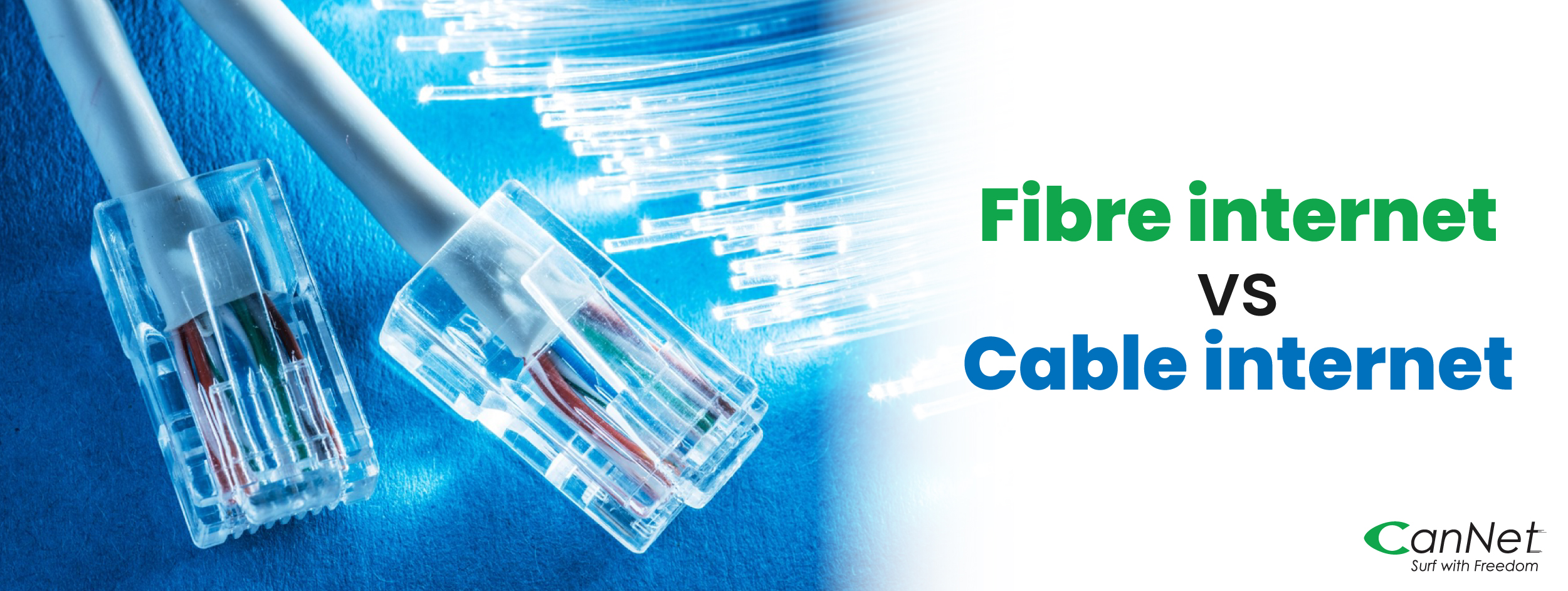Fibre internet vs cable internet
We have been looking into this topic to help people make a better choice of which internet technology to choose. Fibre internet is ideal for most people, but there are better choices than this.
We will discuss in this blog the advantages and drawbacks of each technology.
First, we will explain simply the cable and optical fibre components.
The optical fibre internet is full of small wires, usually made of glass, wrapped by a plastic layer, allowing light trapping. Thus, transmitting information at the speed of light.
In contrast, cable internet consists of a copper core surrounded by aluminum insulation, a copper shield, and an outer layer of plastic. It transmits information by electricity.
Historically and availability
Cable is widely available and has been around longer than fibre internet. It is a mature technology used in various applications, including television, the internet, and the telephone.
Cable internet is easy to install and is generally reliable, making it a popular choice for many users.
Fibre internet, on the other hand, is a newer technology that has only recently become more widely available. It is more expensive to install and requires specialized equipment and trained professionals to set up.
However, it offers several advantages over cable, including higher speeds, longer distances, and immunity to interference.
Capacity and sustainability
Cable has a limited bandwidth, meaning it can only transmit a certain amount of data simultaneously, which becomes a bottleneck when transferring large amounts of data or using multiple devices simultaneously.
On the other hand, fibre optics has a much higher bandwidth and can transmit large amounts of data without losing quality.
Cable is also susceptible to physical damage, as copper wires can be easily cut or damaged, which can disrupt the transmission and cause outages.
Fibre optic is much more durable and resistant to physical damage. The glass or plastic strands used for transmission are much thinner and lighter than copper wires, making them less vulnerable to damage.
Conclusion
When comparing fibre internet and cable internet, both internet accesses have pros and cons.
For example, fibre optic may be the better choice if you need fast and reliable internet with large bandwidth. In contrast, the cable may be more suitable if you are on a tight budget and don't need the highest speeds.

